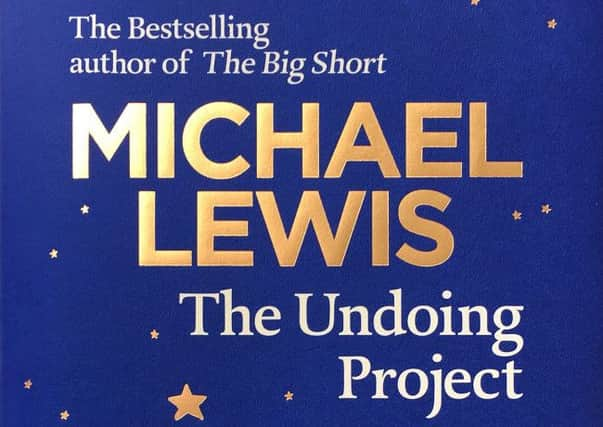Calculating the odds on a winning team


But one review by a couple of academics was both generous and damning, accusing Lewis of not understanding the inner working of the human mind. The ways in which any expert’s judgement might be warped in this way had been studied by two Israeli psychologists, Daniel Khaneman and Amos Trevzky. Lewis had never heard of them, but his curiosity was aroused. So this book is the story of Khaneman and Trevzky, their personal and intellectual relationship, and the questions they posed and considered.
In background and character they were very different: Trevzky a talkative extrovert, always the centre of attention; Khaneman a shy introvert, the man sitting silent in the corner; Trevzky the blond child of pre-war emigrants to Palestine; Khaneman a French Jew who grew up in hiding during the Nazi Occupation. But as young Israelis they had common concerns and the Israeli Government valued the contribution psychologists could make to military efficiency. They worked in the same room, bouncing ideas off each other to the extent that neither could say whose ideas were whose. Eventually, when at different American universities, they drifted apart. But by then their work was done.
Advertisement
Hide AdAdvertisement
Hide AdLewis is a good explainer, but some of the book is hard going: reports of tests given to university students – their “lab-rats” – and the conclusions drawn often left me baffled. But much of it is fascinating.
Take, for instance, the question of selection in sport. Do you make your decision intuitively? Or do you base it on statistical evidence? We know our minds can work badly. How do you calculate the odds? To take one of their examples, you insure your house against being destroyed by fire. It costs you a lot over the years, and there is no fire. Was that a good bet?